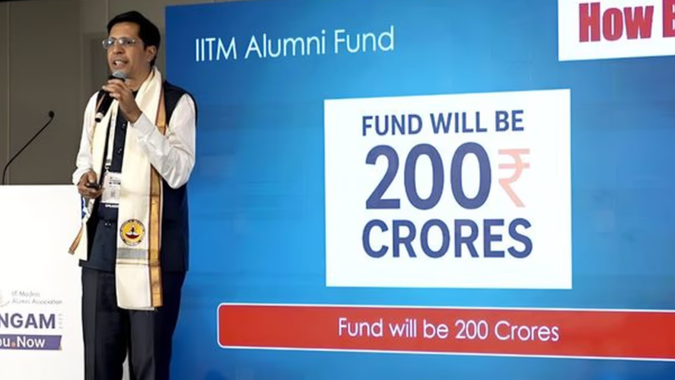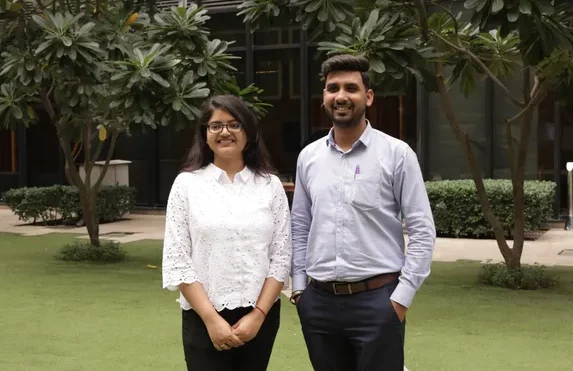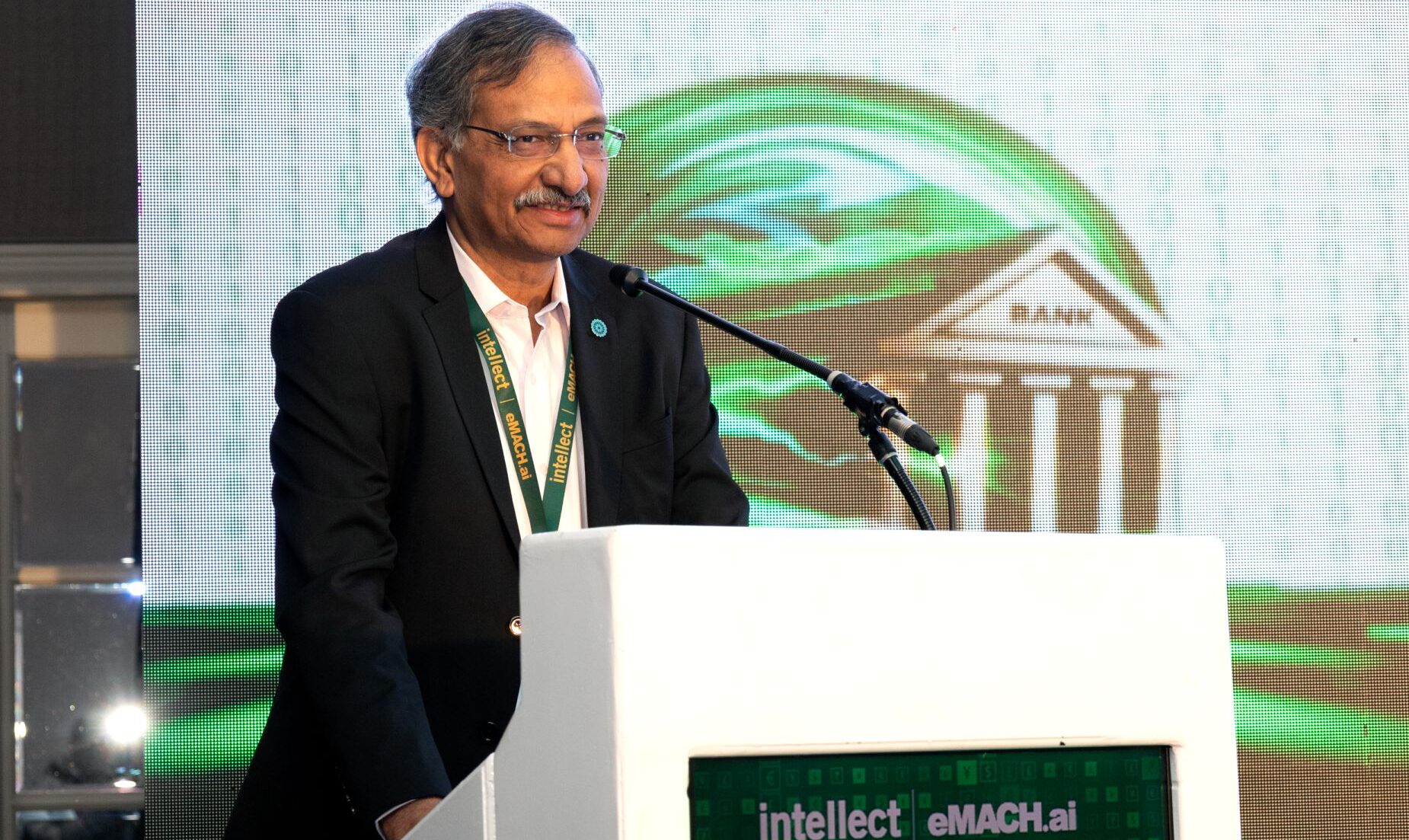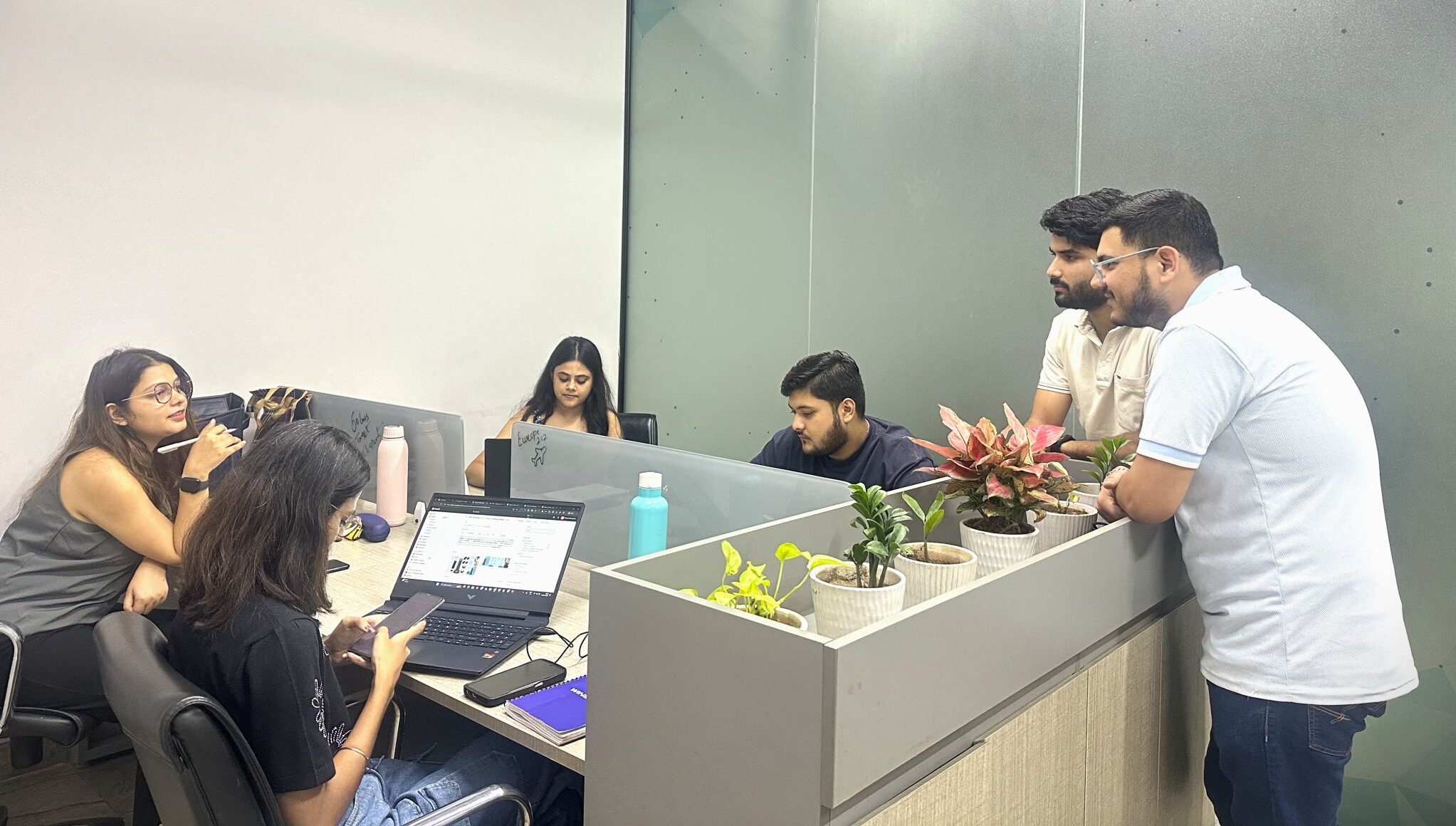IIT Madras launches ₹200 crore VC fund to support next-generation startups. IIT Madras is actively seeking to invest in companies. The institute launched a ₹200 crore venture capital fund, supported by its international alumni network, to promote early-stage innovation. The IITM Alumni Fund is a program that will promote deep-tech and research-driven enterprises, particularly those incubated at IIT Madras Research Park and the incubation cell.
Who the Fund Is For
The fund is designed to back pre-Series A and Series A startups, specifically those solving real-world problems using science, engineering, or technology. It’s not restricted to IIT Madras alumni, but the focus will be on startups that are part of the institute’s extended innovation ecosystem.
Sectors like climate tech, semiconductors, agri-tech, AI/ML, clean energy, and mobility solutions are high on the priority list. These are areas where IIT Madras already has deep academic and research strengths, making the fund a natural extension of its ecosystem.
Why This Matters
This is the first time an Indian institute has launched its own formal VC vehicle with this scale and structure. By mobilising ₹200 crore, the IITM Alumni Fund hopes to:
- Reduce the funding gap for deep-tech startups
- Support founders with long gestation R&D cycles
- Close the gap between research laboratories and practical application in the real world.
Early-stage capital is notoriously hard to access for research-heavy startups, and this fund could help fill that critical void.
Who’s Behind It
The fund is being led and financed by successful IIT Madras alumni, including investors, entrepreneurs, and global industry leaders. It’s set up as a professionally managed VC fund, not just a donation pool, which means it will operate with accountability, returns, and rigorous selection processes.
What’s Next?
Deep-tech innovation needs more patient funding as India’s startup environment grows, and this is exactly where the IITM Alumni Fund comes in. The fund will be introduced in quarterly increments, aiming to invest in 30 to 40 companies over the next few years.
This choice marks a change in how Indian academic institutions can actively promote innovation by providing substantial resources in addition to people and ideas.
























